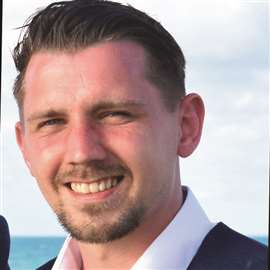Market decline presents opportunities says United Rentals' CEO
02 April 2009

Speaking to IRN during the IPAF Summit conference in Dublin on 2 April, Mr Kneeland said; "What we saw in the fourth quarter is still playing out...We are continuing to de-fleet." He said the company had already closed 75 locations and reduced its headcount from 12000 to 9600, and that some additional closures might be required, but not many, "we have done the heavy lifting".
He said it was difficult to predict when the North American market would recover; "I would say the back end of 2010 will see some gradual improvement."
Mr Kneeland said the downturn presented rental companies with opportunities to adapt their businesses. In United's case, he said the company would focus on its core rental activities, leverage its size to increase business with national accounts and large customers, and try to increase its industrial business, which currently accounts for 17% of its revenues.
"I think [industrial rentals] is a significant opportunity", he told IRN. Industrial rentals represents a US$12 billion market in North America, and around $400-500 million in revenues for United. The company now has a dedicated sales force for the industrial market.
Mr Kneeland said a major market research project by the company last year had revealed opportunities to provide a more consistent level of service and to generate additional business with its existing customers. He said one consequence of the study had been a new compensation programme for sales staff, with a simplified structure that was "more about how we value customer relationships. More customer focus than just incentives."
In addition to reducing its network and workforce, United will invest far less on new fleet in 2009. Mr Kneeland said net capital expenditure would be $100 million this year compared to $300-350 million in 2008. United will sell its excess fleet at a large number of auctions to take place throughout North America this year.
The aerial platform fleet - the largest in the world with over 70000 units - will be reduced in size, although Mr Kneeland would not say how many will be sold. He said that small electric scissors were not currently in high demand, but that the company would focus more on larger self-propelled booms. He said United would also refurbish some of its older and larger booms.
Mr Kneeland has spent around a week in Europe visiting major rental companies in the region, as well as shareholders. He told the IPAF Summit audience that he was in Europe to learn from European companies, and told IRN that he was heading back to the US with some new product ideas.
He also had some advice for the rental companies in the Dublin audience; "Make sure that your eyes are wide open as you go through this difficult period...We will get through this, but we have to be open to change."
STAY CONNECTED



Receive the information you need when you need it through our world-leading magazines, newsletters and daily briefings.
CONNECT WITH THE TEAM







